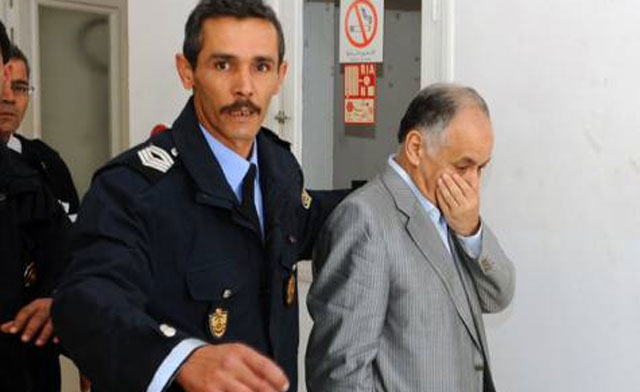Israeli Prime Minister Benjamin Netanyahu has refused to allow caravans and heavy equipment into Gaza, despite guarantees that the Islamic Resistance Movement (Hamas) claims to have received as part of ongoing prisoner exchange negotiations.
Hamas stated that it remains committed to the exchange process and has adhered to agreements brokered by mediators. The group said it is awaiting Israel’s implementation of the humanitarian protocol, which it claims was promised under the mediation framework.
This development comes as US Secretary of State Marco Rubio arrives in Israel to discuss the agreement, amid reports of US President Donald Trump’s interest in potential changes to the terms.
Meanwhile, Egyptian sources have expressed frustration over what they view as Israeli violations of recent understandings related to the ceasefire agreement in Gaza. Tensions rose after Hamas temporarily suspended the handover of the sixth batch of Israeli prisoners, only to proceed following Egyptian-Qatari mediation efforts.
In a separate escalation, three Palestinians were killed and several others injured—some critically—on Sunday in an Israeli drone strike targeting a police aid protection unit in eastern Rafah, in southern Gaza. Additionally, another Palestinian, Imad Hamdi al-Shaer, was killed in a separate drone attack on the town of al-Shawka, east of Rafah.
Hamas condemned the attacks, stating that “the treacherous bombing by a Zionist drone this morning east of Rafah city, targeting police officers securing aid entry, is a serious violation of the ceasefire agreement.” The group also accused Israel of failing to uphold its commitments, citing its refusal to allow the entry of caravans and heavy machinery.
On Sunday, Gaza’s Ministry of Health warned of a severe oxygen shortage in hospitals due to the destruction of central supply stations. The affected facilities include Al-Shifa Medical Complex, Al-Rantisi Hospital, Al-Durra Hospital, Al-Nasr Complex, the Indonesian Hospital, and the Sheikh Radwan Clinic. The ministry emphasized that these ten destroyed stations were crucial for supplying oxygen to emergency departments, intensive care units, operating rooms, and neonatal wards, as well as for home-based patients.
As the humanitarian crisis deepens, tensions continue to mount over the stalled implementation of key ceasefire and aid provisions.


